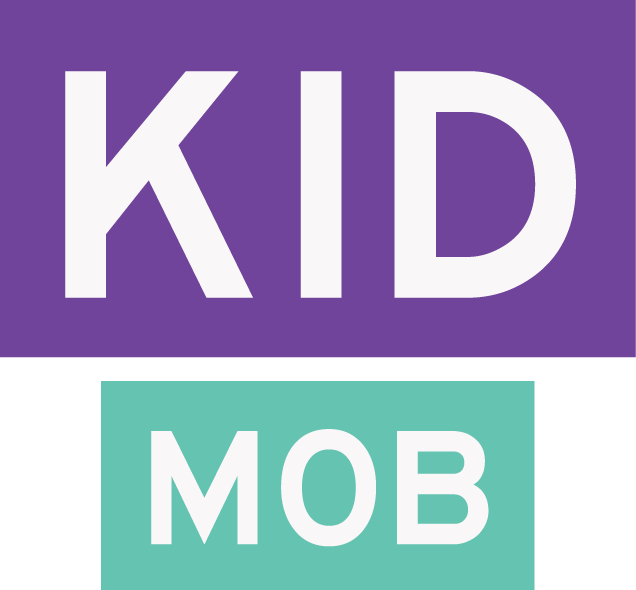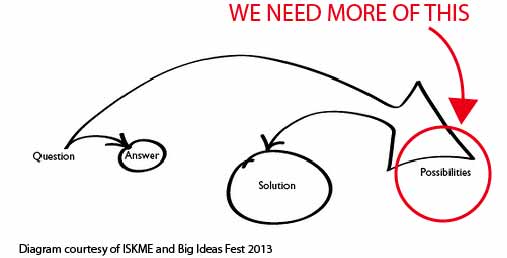With six facilitators and two translators, KIDmob's first international workshop was a huge success! Yesterday's fast-paced design blitz took place at Rebuild Globally with twenty students (ages 14-25) from the apprenticeship program. Rebuild Globally is an NGO that creates a pathway out of poverty by empowering locals with jobs, and providing academic support. They do this through their mission of pulling trash off the streets of Haiti, making something with it, selling it overseas, and bringing income back to Haiti. Currently, they are cleaning up used tires and making sandals out of the rubber. The problem is that although they use most of the tire is in production, there is still some rubber leftover. This leftover rubber waste was the inspiration for our workshop curriculum!
During our time in Haiti, we have found that the educational approach here comes from the French, which means that a great deal of emphasis is placed on memorization and recall; basically the opposite of KIDmob’s creative problem solving pedagogy. However, we also discovered a cultural undercurrent called “rabòday,” or the “make it work” approach. It was in the spirit of rabòday that we mobbed Rebuild Globally on Saturday.
To begin the workshop we asked the students, “How many things can you do with a paper clip?”
After a downpour of ideas, and plenty of creative warm up, we shifted to tires. We gave each group a focus area - the tire as a unit (aggregate), deconstruction of the tire, integration of other materials, and physical properties (thermal mass, waterproof, etc.). Again, the space exploded with ideas in the form of colorful post-it notes, sketches, prototypes, and energy. Next, we jumped into the projects, and by the end of the day some incredible ideas were developed that Rebuild plans to test out and/or implement in the future!
We are excited to announce that eight of the students from Rebuild Globally will participate in our cross-cultural Youth Summit in April. Looking forward to the months ahead!
How's that for a new way to display sandals!












